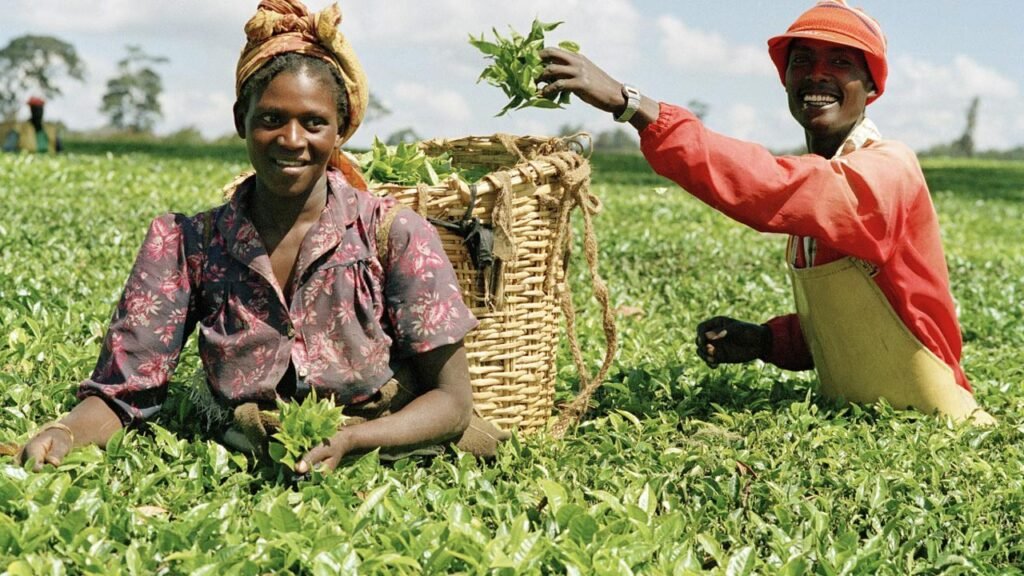By Hajara Abdullahi
In a move to enhance agricultural productivity across Nigeria, the Federal Government has secured a $500 million loan from the World Bank, in line with President Bola Ahmed Tinubu’s Renewed Hope Agenda for food security and rural industrialization.
This was disclosed in a statement signed by the Head of the Department of Information at the Ministry of Agriculture, Ezeaja Ikemefuna, on Tuesday.
Speaking during a courtesy visit by a World Bank delegation led by the Head of the Agriculture Value Chains for Growth (AGROW) Project, Hardwick Ichale, the Minister of Agriculture and Food Security, Senator Abubakar Kyari, said the facility would accelerate growth in Nigeria’s agricultural sector.
Kyari explained that the World Bank’s $14 billion, six-year Agri-Connect Initiative aims to connect farmers, processors, markets, and financial systems to strengthen value chains and expand access to agro-processing.
He noted that the loan would help bridge the decades-long gap in smallholder farming by promoting greater connectivity across the agricultural sector.
“The World Bank’s support will strengthen our agricultural base by improving connectivity across production, processing, and marketing systems. This is about turning smallholder farming into profitable, sustainable agribusiness,” Kyari stated.
He further noted that the Agri-Connect project would complement ongoing Federal Government programmes, including the Special Agro-Industrial Processing Zones, to expand opportunities for women and youths in agribusiness.
Kyari reaffirmed that the intervention aligns with President Tinubu’s vision under the Renewed Hope Agenda, particularly in the areas of food security, job creation, and rural industrialization.
In his remarks, the World Bank’s Head of Delegation, Hardwick Ichale, said the Agriculture Value Chains for Growth project would unlock Nigeria’s agribusiness potential by boosting productivity and creating jobs.
“The key purpose is to enable farmers to see farming as a business,” Ichale said, adding that the project would prioritize key value chains such as rice, maize, soybean, and cassava.
The meeting reiterated both sides’ commitment to strengthening agricultural productivity and competitiveness, aimed at enhancing food security in Nigeria.

